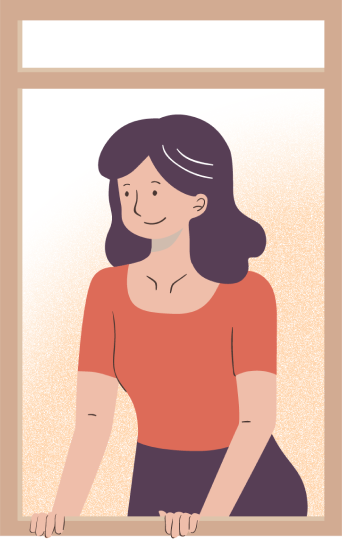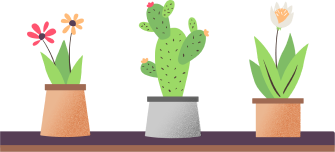Basic care for the elderly
Caring for elderly parents can be a complicated and personal topic for the family members and the domestic helpers who provide eldercare. We have put together a useful guide to help you manage the day-to-day care of elderly family members by domestic helpers.
General eldercare tips
- It is important to keep in mind that when elderly people find it difficult or are no longer able to perform basic activities, their confidence suffers. As a result, you must include an approach that will help them regain or increase their confidence. One way to do this is by allowing them to complete tasks on their own or allowing them to be part of the discussions about their daily routine (dependent on their personal wants and abilities).
- Give the elderly family members the utmost respect and care can make all the difference. Understanding the needs of an elderly person is the most effective way to provide genuine care and assistance.
Medication monitoring and management
Being aware of the intended use of each medication and keeping a close eye on an elderly person’s medication schedule can help to keep them safe. You can help in the proper management of their medications by:
- Regularly checking the amount of their medicines.
- Observing and monitoring their condition, if they have just taken a new prescription. You can also ask them if they have any negative reactions to the new medication.
- Keeping track of when they took the medications to avoid double dosing.
- Using a pill box or setting an alarm to remind them when it is time to take their medications.
Proper medication storage
- Keep medications out of children’s reach.
- Medications should be stored in their original plastic bag or bottle.
- Keep them in a cool, dry place, away from direct sunlight.
- Light-sensitive medicines must be kept in their original dark-colored bottle.
- Medications with different expiration dates should be stored in separate containers.
- Unless otherwise specified, the majority of drugs should not be stored in refrigerators.
- Discard drugs that are expired, deformed, discoloured, changed in smell, cloudy, or have a blurred label
Fall prevention
According to the Center for Disease Control and Prevention (CDC), falls are the leading cause of both fatal and non-fatal injuries among the elderly. To reduce the risk of falls and keep the elderly safe in their own homes, follow these home safety tips:
- Remove any potential tripping hazards. Electrical cords, low tables, and rgs, are all hazards, so ensure that all cords and wires are covered and that there are no obstacles lying anywhere. It is also recommended that nonslip mats be placed, particularly in the bathroom.
- Provide comfortable and safe seating. Bedroom and shower stools/chairs make it easier for the elderly to perform daily activities such as changing their clothes and bathing on their own.
- Make sure they are not wearing anything too long that will cause them to trip or fall.
- Things to do when an elderly person slipped:
- Remain calm.
- Check for injuries, even if you can’t see any wounds.
- Do not move an elderly person who is in pain or having difficulty moving.
- If they can move, help them to rest or sit on a stable chair or piece of furniture.
- Seek professional help right away – call 999/ an ambulance at your discretion
Additional resources
Last updated on July 7th, 2023

